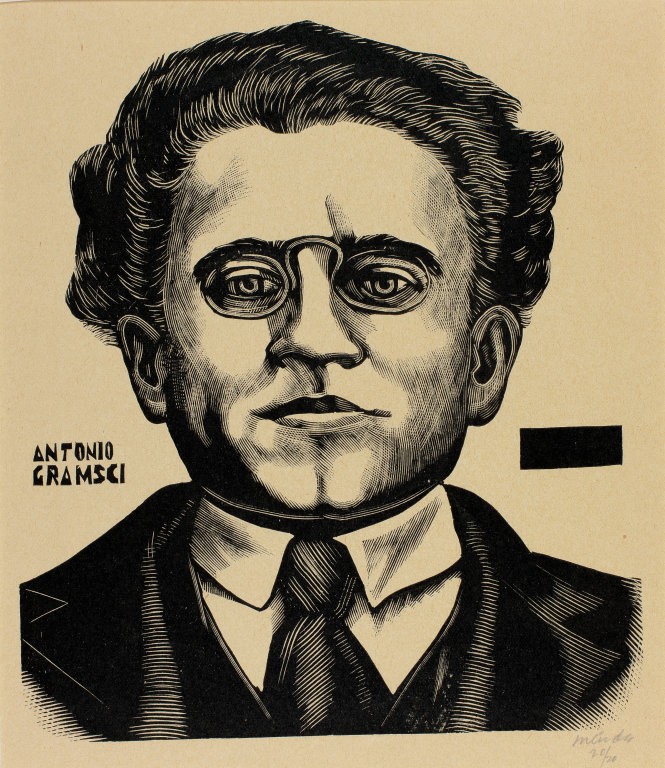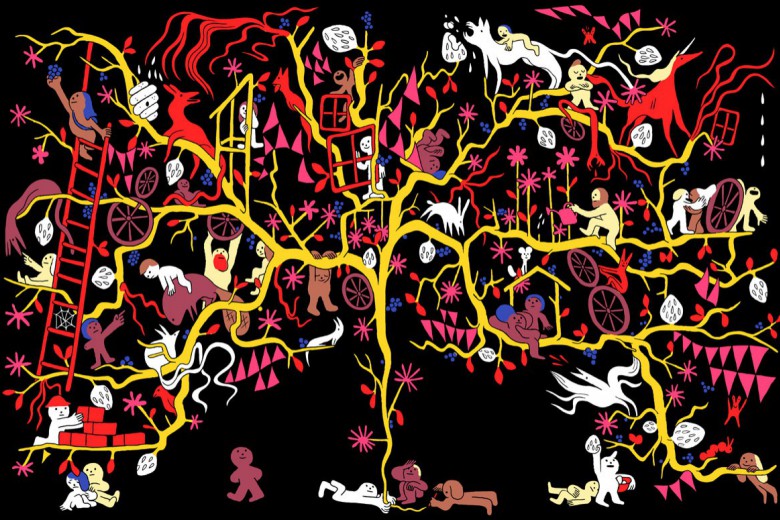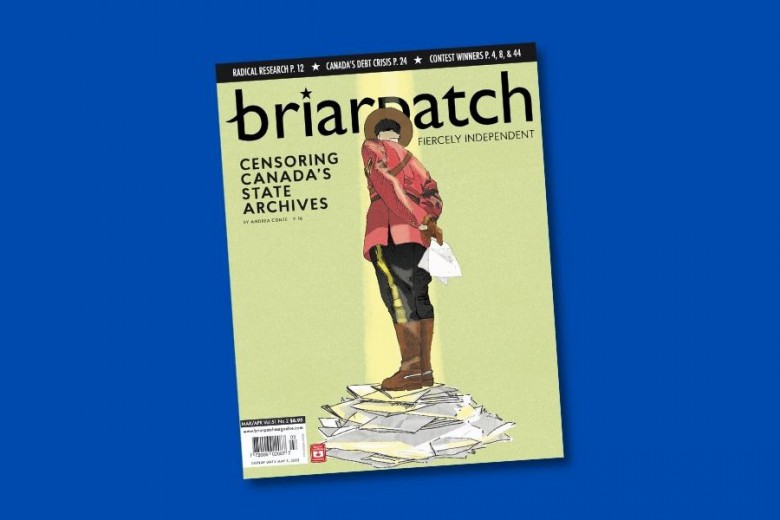
The Italian revolutionary Antonio Gramsci described common sense as a conception of the world that is “fragmentary,” “incoherent,” “conservative,” and “uncritically absorbed.” The “fragmentary” dimension of common sense is crucial because it permits people to view specific characteristics of the social world as a hodgepodge of unrelated phenomena instead of as the consequences of an organized political system that can be changed.
Cultural anthropologist Kate Crehan writes, “new ideas are continually drifting down to join the existing agglomerate of common sense … Common sense, therefore, is never stable but is continually changing in piecemeal ways.” Because common sense is incoherent and endlessly evolving, it can be shifted. That is the role and the challenge of popular opinion for radical politics: to create a new form of common sense that changes people’s basic assumptions about how the world works and how it could work differently. Gramsci would call this creation of a new form of common sense a struggle for “hegemony,” which is the word he used to describe holding the balance of power in a given realm of politics. This new common sense needs to be one in which events in the social world are understood primarily as consequences of political and social structures rather than choices made by individuals. It needs to make commonplace an understanding that systems of oppression and exploitation are interconnected and that these can be undone through collective struggle.
A huge range of cultural work can be understood as an attempt to express such a new form of common sense. When Mi’kmaq lawyer, scholar, and activist Pamela Palmater defends Indigenous resistance on the CBC, she is popularizing the idea that the challenges faced by Indigenous peoples are the consequence of ongoing colonialism, and that these issues can only be addressed through decolonization. When black sociologist Rinaldo Walcott writes about Canadian racism in the National Post or talks about it on TVOntario, he is spreading the notion that racism is institutional and structural in Canada and not simply a matter of individual prejudices. When exploited sweatshop workers rise up in Larissa Lai’s novel Salt Fish Girl, Lai is disseminating the idea that exploitation can and should be fought through collective action.
Shifting the common sense of our day requires winning intellectual hegemony, and this is the work being done by radical critics, teachers, artists, and union activists, among others. It occurs through interventions in mainstream media, but also, crucially, through independent media: in newer ventures like Jacobin, n+1, and Ricochet, and by their longer-running counterparts such as Briarpatch, Canadian Dimension, rabble, and Upping the Anti, to name just a few.
When it comes to reshaping common sense, a neat separation cannot be made between this cultural activism and direct action. Striking, blocking a pipeline, protesting, obstructing traffic, occupying space, and rioting have pedagogic dimensions. These both articulate critiques of specific policies and demonstrate that collective resistance is possible. In addition to the specific content of a given act of resistance, it also carries the message that suffering has both social causes and social solutions. In this way, every collective form of direct action is also a rebuke of the common-sense individualism that presently dominates.
Some of the ideological scaffolding for a new common sense is already in place. Gramsci refers to this as the “healthy nucleus that exists in common sense” and calls it “good sense.” In the article “Common-Sense Neoliberalism,” Stuart Hall and Alan O’Shea write that while the current variety of common sense is primarily conservative, it “also contains critical or utopian elements” such as “understandings that express a sense of unfairness and injustice about ‘how the world works’: landlords tend to exploit tenants, banks responsible for the ‘credit crunch’ expect to be bailed out by taxpayers.” This “good sense” is not mere cynicism; it reveals a common understanding that the social system in which we live is rigged in favour of its rulers.
Reshaping common sense can build on this popular awareness of the injustices of capitalism. To build a new common sense, we will need to find ways to be persuasive to mass audiences of the unconverted without sacrificing our core principles. And we will need to foster left-wing political thought that is diverse but not sectarian; otherwise, our opponents will continue to define the common sense of the day.






